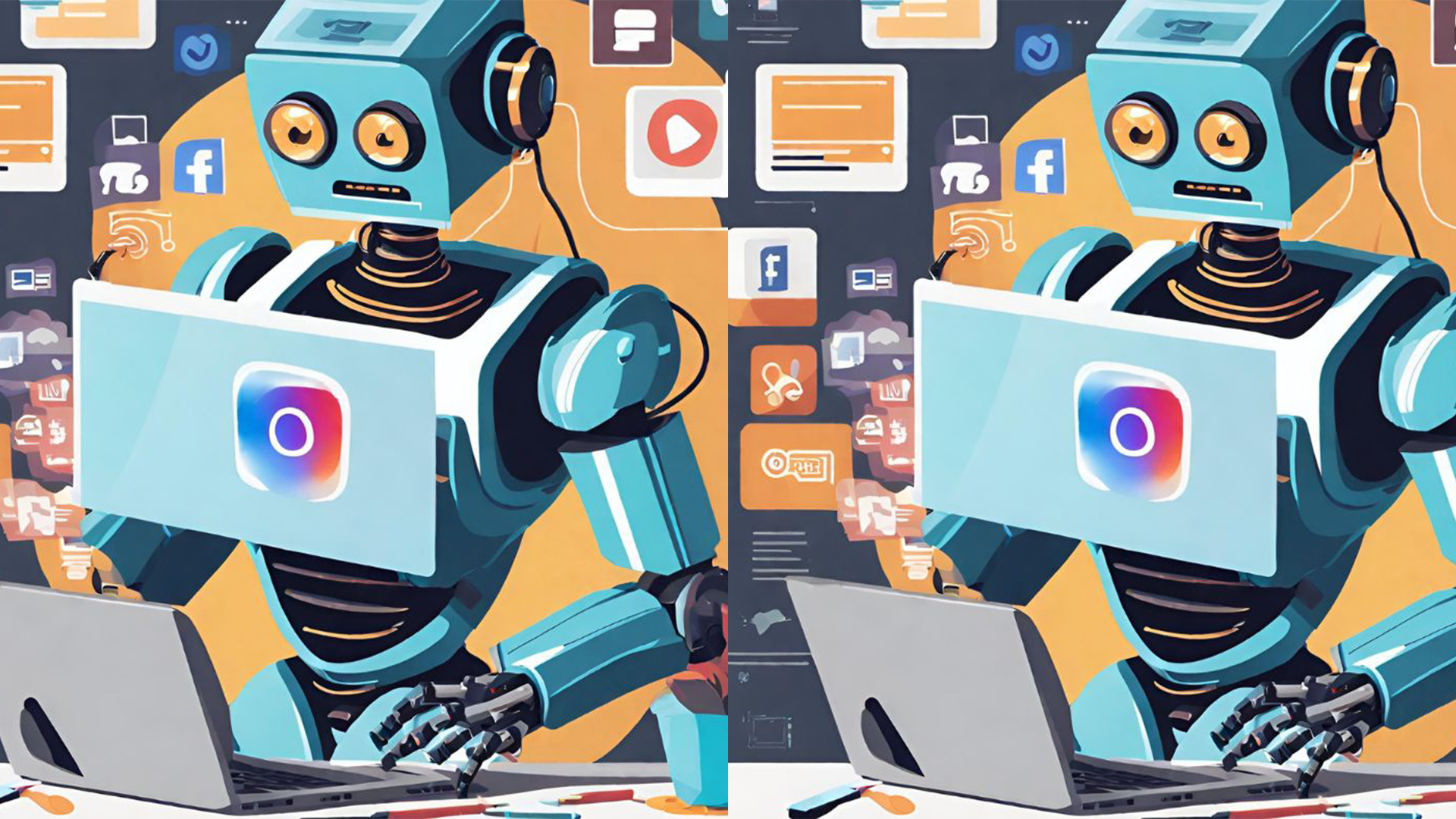How AI Is Quietly Ruining Social Media

There was a time when social media felt personal, creative, and even a little chaotic—in a good way. We posted blurry vacation pics, overshared in our status updates, and stumbled across interesting thoughts from strangers who didn't sound like robots. But lately, things have changed.
Spend five minutes scrolling through Facebook, TikTok, Instagram, YouTube, X (formerly Twitter), or even LinkedIn, and you’ll notice something’s off. Everything feels repetitive, curated to the point of soullessness, or worse—totally fake. There’s a reason for that: artificial intelligence is running the show now. And it’s not doing a great job.
AI plays a major role in what we see online. On every major platform, it powers recommendation algorithms, content moderation, ad targeting, and increasingly, the creation of the content itself. While that might sound efficient, the side effects are hard to ignore—and they’re taking a real toll on the quality and authenticity of what social media used to be.
One of the most noticeable shifts is how hard it’s become to find good content. Thoughtful posts, original ideas, or even just honest moments are getting buried under mountains of engagement-hacked content designed to game the algorithm. These algorithms are built to keep us scrolling, and the easiest way to do that is to serve up content that’s extreme, sensational, or just addicting. As a result, platforms have become echo chambers, feeding us more of what we already agree with and less of anything that might challenge or expand our perspectives.
It’s not just what gets shown—it’s also what gets made. AI-generated content is flooding platforms at a staggering rate. Whole YouTube channels now churn out videos with synthetic voices reading AI-written scripts. TikTok and Instagram are flooded with motivational quote reels backed by royalty-free music and generic AI visuals. Even LinkedIn, once the bastion of “professionalism,” is now packed with perfectly polished posts that sound suspiciously like they were written by a chatbot.
The more AI content that floods the feed, the harder it becomes for real creators to stand out. People who spend time crafting thoughtful posts, filming videos, writing captions, or building communities find themselves competing against bots that never sleep. And because the AI algorithms reward quantity, speed, and trend-chasing over originality, the whole ecosystem gets skewed. The quality of content suffers, while repetitive, shallow posts dominate the feed.
And let’s not forget the impact on users themselves. AI might help personalize feeds, but it also turns them into a digital funhouse mirror—reflecting back a warped version of ourselves. On Instagram, people complain that their feeds are full of strangers' reels instead of friends’ posts. On TikTok, users talk about getting “stuck” on one side of the algorithm and never seeing anything new. On YouTube, one bad click can lead you down a rabbit hole of conspiracy videos. It’s not just annoying; it’s harmful, creating bubbles of misinformation and reinforcing our worst biases.
Of course, AI has its benefits. It can help surface content you wouldn’t otherwise find, moderate hate speech, and even give creators new tools to express themselves. But when profit-driven platforms prioritize attention over authenticity, the tech that’s supposed to improve our experience ends up quietly eroding it.
So what do we do with this information?
Well, for starters, we can be more intentional. Support creators who make meaningful stuff. Step outside our algorithmic comfort zones. Pay attention to how much of our feeds are being shaped—not by us—but by a machine that’s just trying to keep us glued to our screens.
Social media doesn't have to be this broken. But if we want it to get better, we need to think beyond what the algorithm wants—and start asking what we want instead.

- Art
- Business
- Causes
- Crafts
- Community
- Dance
- Drinks
- Εκπαίδευση
- Fashion
- Film
- Fitness
- Food
- Παιχνίδια
- Gardening
- Health
- Κεντρική Σελίδα
- LGBTQ+ News
- Literature
- Music
- News
- Nature
- Networking
- Oddities
- άλλο
- Party
- Politics
- Religion
- Science
- Shopping
- Sports
- Theater
- Wellness



